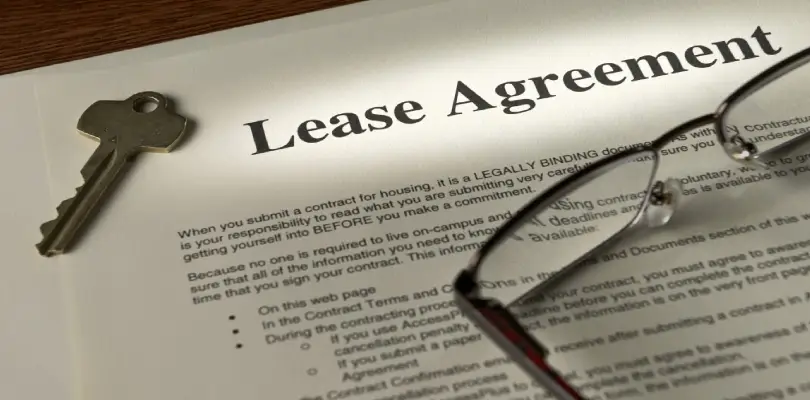Entering into a lease is an essential step for any renter. A lease is a binding contract between the landlord and the occupant dictating the terms of tenancy. Understanding the terms used in a lease is critical to achieving your rights and ensuring smooth sailing in renting.
The following are a few significant factors to consider.
Lease Term: The majority of lease contracts provide for a specified period, usually called a fixed term, which can be 6 or 12 months. You must decide how long you will lease the property. This specifies commitment, thus determining the level of your rental payments. Know what happens when a term expires—will it expire, automatically renew, or require you to sign a new agreement?
Rent Amount: Determine the monthly payment amount and specify the payment date. Also, check for any clauses regarding late fees, grace periods, and especially an increase in rent. This will help in budgeting and avoiding financial burdens.
Utilities: Check if utilities are already included in the rent or whether you will be responsible for arranging and paying separately for all these. These include utilities like water, gas, electricity, and Internet services. Being in a position to clarify all this from the start saves you from ugly surprises in your monthly expenditure.
Rules and Regulations: Most rentals in Orange County will have specific rules or regulations. These can be as minor as noise restrictions or pets allowed/denied or as major as guidelines on common areas. Knowing these will secure a quiet life and prevent as many probable violations as possible.
Subletting and Guests: If you know you may have to sublease the property or have guests staying with you for the long term, check your lease agreement concerning these conditions. Some leases do not allow subleasing without the landlord’s approval, which may interfere with your flexibility.
Termination Clause: A termination clause allows either party to end the lease prematurely. It may also include penalties for breaking a lease and time notice. Understanding the clause is essential so that you can refer to it if your situation changes.
Legal Protections: Ensure that the lease complies with the local tenant laws, which vary from city to city. Clauses that indicate the protection of your rights, such as those about nondiscrimination or guidelines for eviction.
Amendments and Changes: If the tenancy is modified after signing, it must be in writing and mutually signed. Once developed, oral agreements are usually puzzling; always ask for changes in writing if there is a need for them.
Final Thoughts
Grasping these salient terms and conditions is essential before signing the lease agreement. A knowledgeable tenant is well-equipped to address likely issues, maintain a good relationship with the landlord, and ensure that your living situation is pleasant. Always carefully review the lease with a hawk’s eye, ask questions, and seek legal advice whenever necessary. You will be ready, therefore, to enjoy your house with peace of mind.





